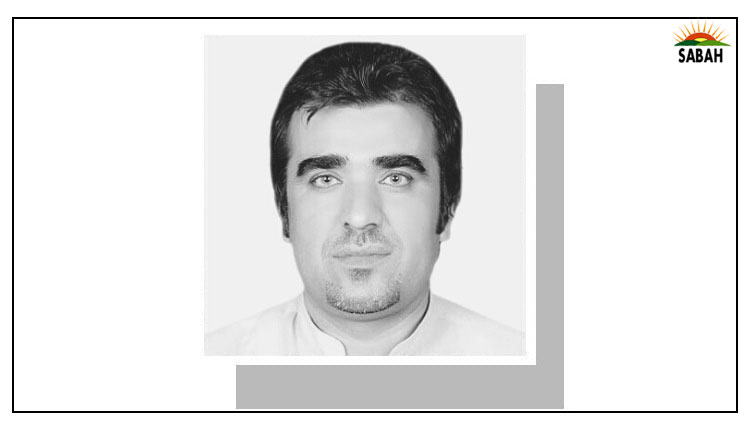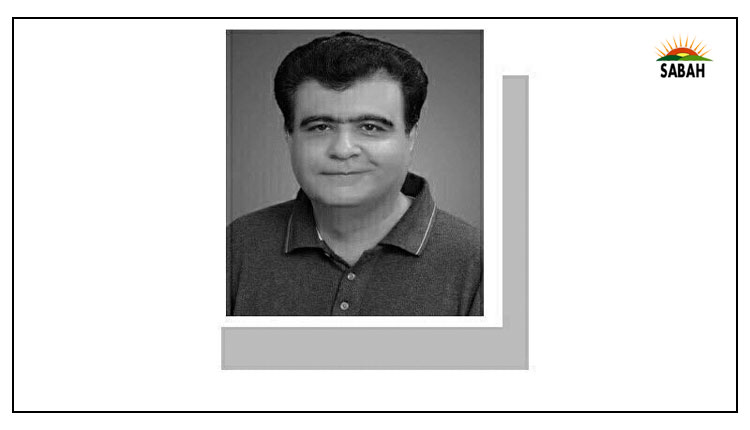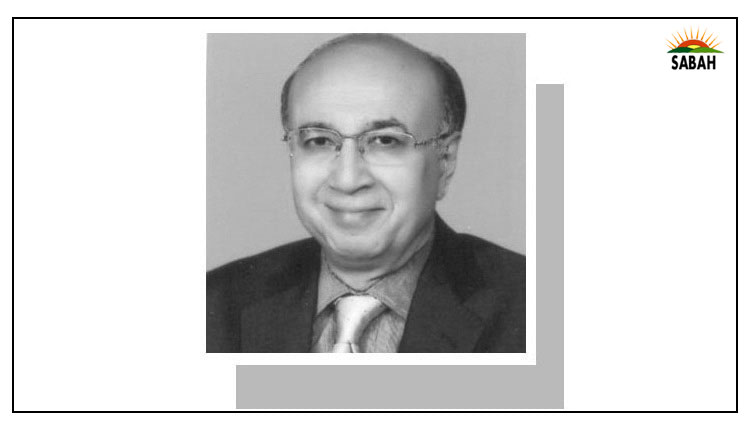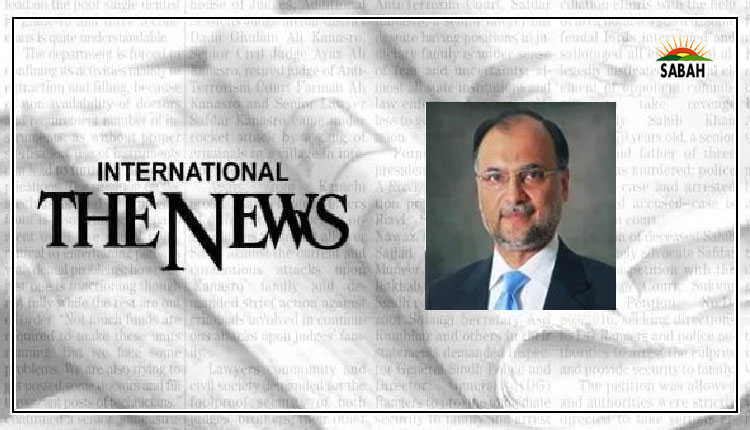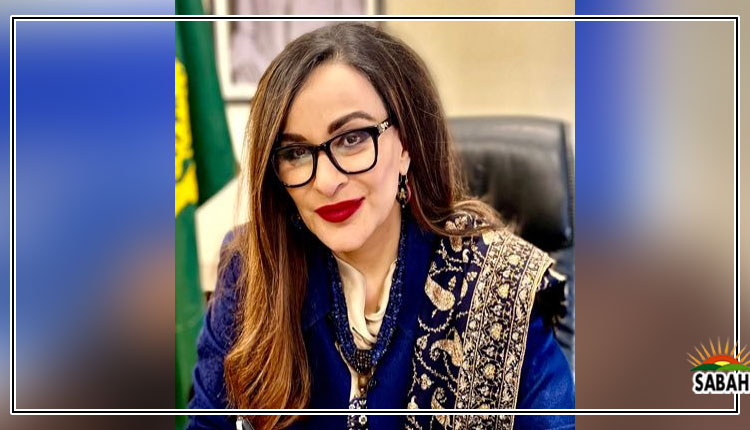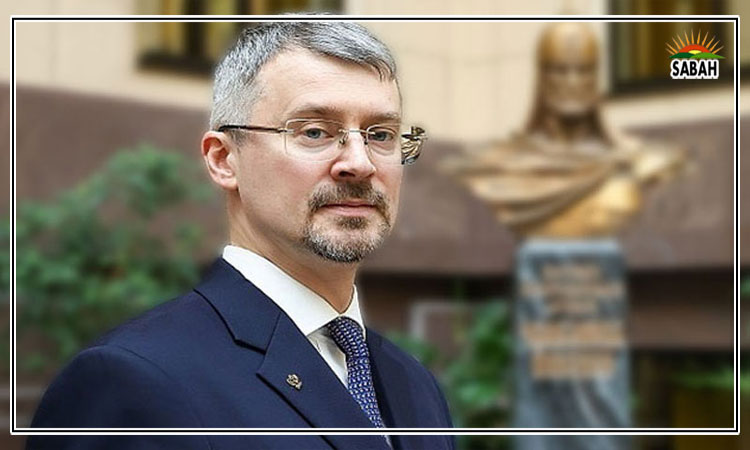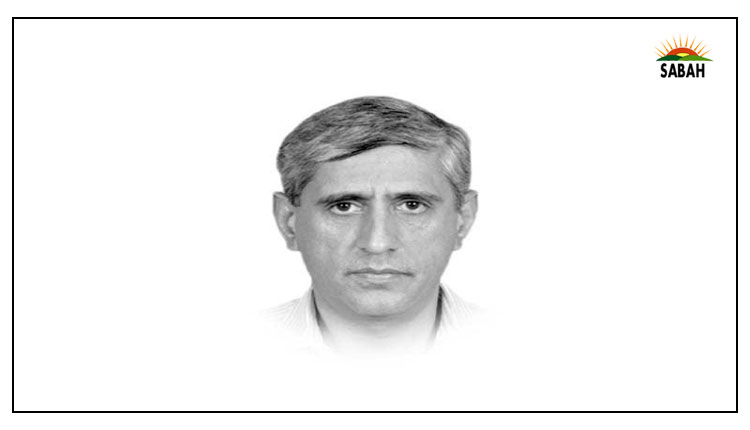Central Asia rising…Dr Raashid Wali Janjua
Central Asian Forum on Security and Cooperation was held on 13-14 July under the aegis of Kazakhstan Institute of Strategic Studies (KISS) at Astana. The forum rivaled the intellectual profundity and effusive participation of premier dialogues on security and development like Munich Security Conference, Shangrilla Dialogue and Valdai Club Discussions. Held in Astana, one of the fastest developing and vibrant capitals of the world, the Forum featured an eclectic mix of policy experts, global thought leaders, eminent practitioners and distinguished academics. The multilateralism and the rise of the middle powers in a world suffering the recrudescence of the bloc politics resonated throughout the multiple sessions. The Forum featured over 60 experts from nearly all the important countries of Asia besides UN, EU, CICA and OIC representatives.
The opening session of the Forum was addressed by the Deputy Prime Minister and Foreign Minister of the Kazakhstan who very succinctly summed up the new governance and political philosophy of Kazakhstan President Kassym Tokayev and his governments outlook on regional and global cooperation. The subliminal message of the discourse was the need to bury the hatchet of discord and to foster a new era of regional and global cooperation. Central Asia that had witnessed the competitive pangs of Great Game in the 19th century was now ready to embrace a new paradigm of New Great Game based on trade partnerships, economic unions and infrastructural connectivity. Central Asia had earned the sobriquet of the pivot of the world where, according to British geopolitical thinker Halford Mackinder, whosoever controlled the region controlled the world.
What had happened in the last hundred years that the promise of that control of the world had given way to an isolation and unrealised potential? The answer according to most scholars and practitioners on the Forum lay in the lack of connectivity that had clogged the flow of economic lifeblood from Central Asia to South and West Asia. The ancient Silk Route alignment that had connected South, Central and West Asia in economic and in few instances political union as well, needs to be revived now. The unstable Afghanistan and non-cooperative India were two stumbling blocks to regional connectivity and prosperity. If the ASEAN countries with myriad differences in culture and politico-economic orientation could forge an economic union that was mutually beneficial, what stopped South Asia and Central Asia to come together and reap the dividends of an economic partnership? The proclivity of emerging regional powers like India to play regional surrogates to a global power in order to contain another global power was robbing the region of the full fruition of its economic potential.
Kazakhstan as the richest Central Asian country is playing an important role as a regional stabiliser through facilitation of regional integration and internal reforms. The country, according to the experts on the Forum, was aligning its external and internal policies to the needs of the modern age with its internal reforms acting as a spur to espouse the reforms ideals of the global governance architecture. Internally the Kazakh state and the government under the leadership of its President had introduced political, legislative and governance reforms aimed at empowering the Parliament and enhancing the public accountability. The head of Constitutional Court of Kazakhstan, Ms Elvirra, explained the concept of public accountability of the judiciary and the government through empowerment of the institutions as the best way to ensure good governance.
The additions of the six new political parties had enhanced political inclusivity besides redistribution of the political power to ensure better public representation and oversight of the state institutions. Of special mention were the reforms in regional legislatures of the country to devolve political power to the local level. These reforms were accompanied with a vision for industrial development and diversification of the economy to wean the economy away from the resource curse syndrome. The needs and aspirations of a young cohort of population that had more affinity with the dominant global trends in IT, AI and digital commerce were being prioritised in the new governance model. With an internet connectivity rate of 93%, urbanisation rate of 60% and reduction of the poverty from 65% to 10%, Kazakhstan was a country on the fast lane of development.
As a consequence of above strengths, Kazakhstan was forging regional consensus as a responsible middle power to reap the dividends of security and economic cooperation. The multilateral initiatives like CICA which had yoked so far 28 countries and the desire to reform the international institutions like UNO to bring about a rule-based order in the world formed the warp and woof of the new multi-vector foreign policy of Kazakhstan. The desire for connectivity and diversification of trade routes was palpable in the Kazakh Foreign and economic policy formulation with a clear emphasis on new trade corridors like the Trans Caspian Middle Corridor linking East Asia-China and EU. The Trans Afghan Railways Corridor with an annual potential of handling 20 million tons of freight connecting Eurasia with the Arabian Sea coasts of Pakistan was another initiative that had the support of regional countries as well as global powers like China. There was a consensus on the need of finding solutions to problems of water shortage, energy crisis and unstable Afghanistan. The transboundary water sharing issues between the Central Asian Countries and the impact of the climate change were also flagged as potential disruptors that needed sustainable solutions through deft diplomacy and regional consensus.
There was a clear distinction between the approaches of EU and the Asian representatives on the issues of the political reforms and the economic governance models but was near unanimity on the issues of climate threats, cyber-crimes and the terrorism. Mr Voronkov, the Under Secretary General of the UN Counter Terrorism Committee, and Ms Gherman, the Assistant Secretary General of the UN Committee Terrorism Committee, conveyed UNs contributions towards counter terrorism cooperation with South Asian and Central Asian countries. The need for regional solutions to the terrorism issue especially in Afghanistan through UNs support was highlighted by both UN representatives.
The main message emanating from Central Asia was that of a region on the rise and hungry for breaking free from the shackles of geopolitics to embrace geo-economics. Middle Corridor linking China Central Asia and EU and Trans Afghan Corridor linking Russia-Central Asia-Afghanistan-Pakistan emerge as the preferred connectivity projects along with regional consensus on peace and security through effective multilateral for a like SCO and CICA.
Courtesy The Express Tribune


